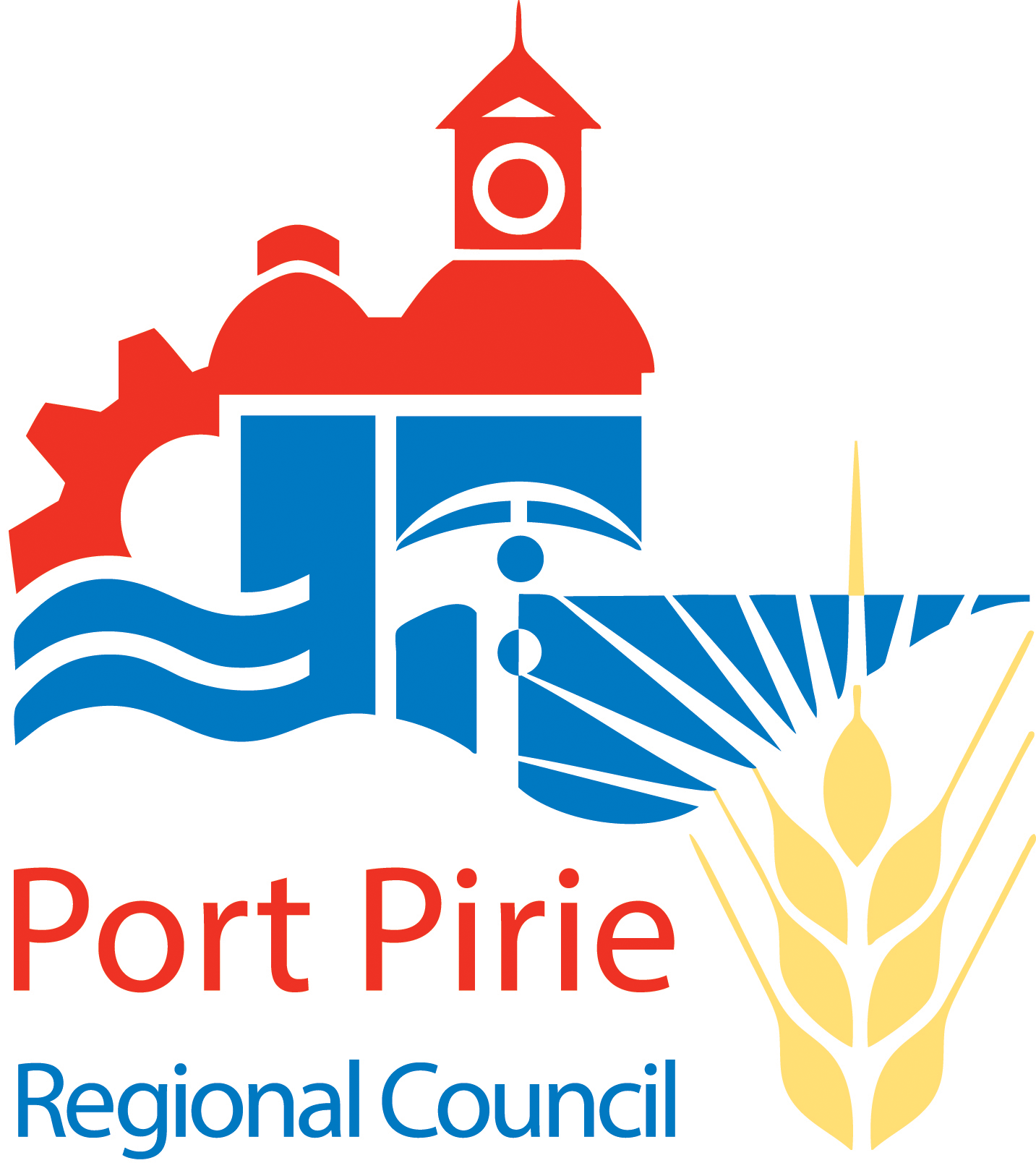Responsible Dog Ownership



Responsible Dog Ownership
Have you Registered your dog?
All dog owners are encouraged to renew their dog’s registration or notify Council if their dog has moved on or passed away. Renewal notices are sent out in July each year and payments are due by 31 August, after which a late payment fee applies.
All dogs over the age of three (3) months must be registered and owners of unregistered dogs who do not comply with this requirement will be issued a fine of $80.
The purpose of registration of your much loved pet is to provide quick and easy identification of your dog should it be found wandering or become lost. Once registered, your dog will wear a registration disc that will identify it as belonging to you.
Registration and identification of pets and other animals is important for the well being of the animals themselves, owners peace of mind, and to allow Council to plan for future community needs. Failure to register your dog may result in a fine of $80.
All income generated from registration and expiations is dedicated to animal management and public safety, recreational opportunities for pets and their owners and educational materials and enforcement.
Dog Registration Doorknock
Council will be undertaking its annual Dog Registration Doorknock Program as part of ongoing efforts to monitor and control our Councils canine population, with the aim to ensure all dogs that reside in our Council are registered in accordance with the Act. Should unregistered dogs be found to be residing on any property, fines of $80 will be issued to the owners and they will be required to register their dog(s) within 14 days to avoid further action by Council.
Confining Dogs
All dogs should be confined to the backyard of a fenced property and not be able to wander the streets.
The majority of problems with dog bites actually occur on the owners' properties or at the property boundary lines. Dogs view their territory as their domain and naturally seek to protect it. Keep this in mind and don't leave gates open while washing the car or working in the garden.
People have a legal right to access your front door. This means you are responsible if your dog bites someone who, having entered your property, is going to or coming from the front door. Gas, electricity and water meters must be positioned to allow the readers safe access.
It is an offence if your dog is not confined to the yard and leaves the property. You are also liable if your dog attacks a person, another dog or other animal, damages property or causes a traffic accident outside your property.
The solution is to ensure that your gate is closed at all times. Wandering dogs cannot only become lost or stolen, but may be severely injured or killed by motor vehicles. If your dog is reported out, you may be liable for an $80 fine.
Limits of Dogs on Properties
Did you also know that there is a limit on the number of dogs that can be kept on your property?
In a small dwelling (flat, unit or townhouse) you can keep one dog without approval and all other properties two dogs are allowed. If you want to keep more dogs than the limit allows then you must apply for a permit, please contact Council on 86339777. If you contravene the By-Law by keeping more then the allowable number of dogs you may incur a fine of $187.50.
Dogs on Leads
All dogs must be on leads (no longer than 2 metres in length) in streets, roads and all public places (except parks and reserves, unless otherwise specified by Council By-Law).
‘Picking up’ after your dog
Dog droppings are a health risk and a source of annoyance to other users of footpaths, parks and recreation areas.
If your dog defecates in a public place you must remove the faeces immediately and dispose of it properly.
Please don’t let your dog pollute our streets, parks or waterways!
Lost or Found a Dog?
It is a distressing time when you realise your dog is no where he/she should be.
Council’s objective is to return lost pets to their owners as soon as possible and Council’s Animal Management Service will do everything they can to assist and aim for a quick and safe return of your much-loved pet.
Having your dog registered and identified, via wearing a collar and current registration disc, ensures a quicker return. When registering your dog please ensure that you advise Council of contact telephone numbers, including mobile and work.
Should you find a dog which is wandering at large with no person present exercising effective control over a dog then try to secure it safely and contact Council who will then arrange to collect the dog and aim for a quick and safe return of their much loved pet to the owner(s).
Barking Dogs
Complaints due to excessive barking are amongst the most frequent received by Council.
Council encourages a mutually friendly approach between the dog owner and complainant, however our Inspector’s are experienced with all aspects of animal management and will assist if the matter cannot be resolved.
All dogs bark, but some barking dogs become a real neighbourhood nuisance – greatly reducing people’s quality of life and increasing neighbourhood tensions.
Barking dogs are the most common animal behaviour problem Council is asked to deal with. Ongoing barking is often a symptom of another problem, and understanding what makes your dog bark is the first step towards solving this problem, both for the dog involved and your neighbours.
Barking is a perfectly natural behaviour in dogs. However, excessive, prolonged or repetitive barking needs to be addressed. Dog owners are responsible for making sure that their dog barking does not become a problem.
If the dog creates a noise which persistently occurs or it unreasonable interferes with the peace, comfort or convenience of a person, the owner may be fined or have a Control (Barking Dog) Order placed on the dog.
Other Offences
The Dog & Cat Management Act sets out a number of offences that the owner or person responsible for control of the dog can be fined for. These include, the dog:
- Wandering at large
- Attacking, harassing or chasing a person or animal
- Attacking a person whom is lawfully entering a premises
- Being in a school, kindergarten or child care centre without permission
- Chasing a vehicle.
- Not wearing a current registration disc
Dogs in Utes & Open Tray Vehicles
Do you own a utility or a truck and regularly take your dog with in the back? Did you know the law requires you to restrain your dog when you do so?
You can be fined for not restraining you dog and failure to do so can result in a fine being incurred.
It is important that your dog cannot reach past the edge of your vehicle in a way that might allow it to be able to jump off the tray or fall out of the vehicles tray.
To ensure the safety of your dog, and other motorists and road users, and to ensure you do not incur fines please ensure you dog is effectively restrained at all times when transporting it in your open tray vehicle.
